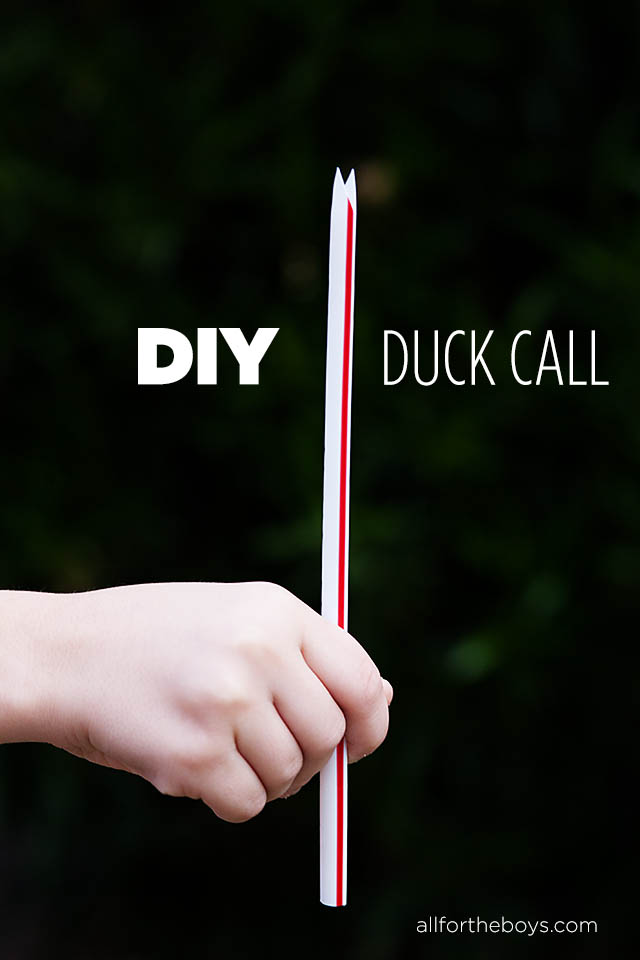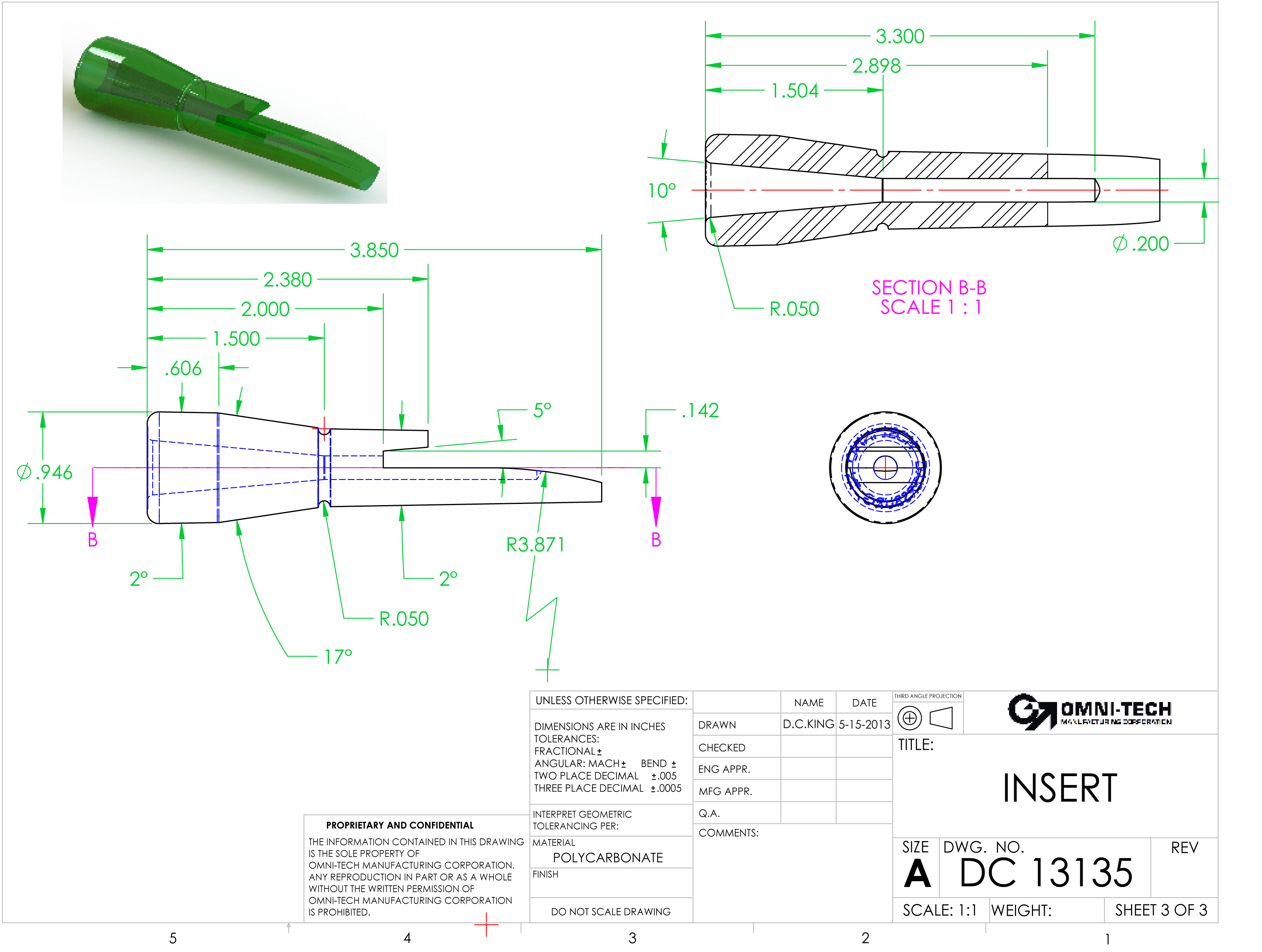Learning how to duck call is a fascinating skill that combines art, science, and a deep understanding of wildlife behavior. Whether you're a seasoned hunter, an avid outdoors enthusiast, or simply curious about this unique technique, mastering duck calling can enhance your outdoor experiences significantly. This guide will take you step-by-step through the process of becoming proficient in duck calling, offering expert tips, techniques, and insights to elevate your skills.
Duck calling is more than just making sounds—it's about mimicking the natural communication of ducks to attract them. This skill has been refined over generations, evolving into a precise art form that requires patience, practice, and dedication. As we delve deeper into this topic, you'll discover how to develop the right techniques, select the best equipment, and understand the nuances of duck behavior.
This article is designed for anyone interested in learning how to duck call, whether you're a beginner or looking to refine your existing skills. By the end of this guide, you'll have a comprehensive understanding of the tools, techniques, and strategies needed to become an expert duck caller.
Read also:Best Carnival Costume Ideas For A Memorable Celebration
Table of Contents
- Introduction to Duck Calling
- History of Duck Calling
- Choosing the Right Duck Call Equipment
- Mastering Duck Calling Techniques
- Understanding Duck Sounds and Variations
- Practicing and Perfecting Your Skills
- Advanced Tips for Duck Calling Success
- Ethical Considerations in Duck Calling
- Recommended Resources for Learning
- Conclusion: Take Your Duck Calling to the Next Level
Introduction to Duck Calling
Duck calling is a skill that dates back centuries, with roots in both hunting and wildlife observation. At its core, duck calling involves mimicking the natural vocalizations of ducks to attract them. For hunters, this technique increases the chances of a successful hunt, while for enthusiasts, it provides a deeper connection with nature.
Why Learn How to Duck Call?
There are numerous reasons why someone might want to learn how to duck call:
- Enhance Hunting Success: Effective duck calling can significantly improve your hunting outcomes.
- Connect with Nature: Observing and mimicking wildlife behavior fosters a deeper appreciation for the natural world.
- Competitive Opportunities: Duck calling competitions are popular in many regions, offering a chance to showcase your skills.
History of Duck Calling
The origins of duck calling can be traced back to Native American tribes and early European settlers who used simple wooden instruments to mimic duck sounds. Over time, these tools evolved into the modern duck calls we know today, with advancements in materials and design.
Key Milestones in Duck Calling History
- 19th Century: The invention of the first patented duck call by William Finck.
- 20th Century: The rise of competitive duck calling and the development of more sophisticated equipment.
- Modern Era: Digital technology and high-quality materials have revolutionized the industry.
Choosing the Right Duck Call Equipment
Selecting the right duck call is crucial for success. There are various types of duck calls available, each designed for specific purposes and skill levels.
Types of Duck Calls
- Single Reed Calls: Known for their versatility and ease of use, ideal for beginners.
- Double Reed Calls: Produces softer, more mellow tones, suitable for experienced callers.
- Open Reed Calls: Offers greater control and a wide range of sounds, preferred by advanced users.
Mastering Duck Calling Techniques
Developing proper technique is essential for effective duck calling. Here are some fundamental techniques to master:
Basic Duck Calling Techniques
- Quack: The most basic sound, used to mimic a single duck.
- Feed Call: Simulates the sound ducks make while feeding.
- Decoy Spread Call: Used to attract ducks to a specific location.
Understanding Duck Sounds and Variations
Ducks have a wide range of vocalizations, each with a specific purpose. Understanding these sounds can enhance your ability to communicate effectively with ducks.
Read also:Park Bogum The Rising Star Of Kdrama And Beyond
Common Duck Sounds
- Greeting Call: A loud, enthusiastic call used to attract ducks from a distance.
- Laying Call: A softer, more subdued sound used during close encounters.
- Alarm Call: A sharp, warning sound that signals danger.
Practicing and Perfecting Your Skills
Practice is key to mastering duck calling. Dedicate time each day to practice different sounds and techniques, focusing on consistency and accuracy.
Practice Tips
- Use a Mirror: Observe your mouth and hand positioning to ensure proper technique.
- Record Yourself: Listen to your recordings to identify areas for improvement.
- Join Workshops: Participate in local workshops or online courses to refine your skills.
Advanced Tips for Duck Calling Success
Once you've mastered the basics, consider these advanced tips to take your duck calling to the next level:
Advanced Techniques
- Variety: Use a mix of sounds to mimic a flock of ducks.
- Timing: Pay attention to the timing and rhythm of your calls.
- Environment: Adapt your calls based on weather conditions and surroundings.
Ethical Considerations in Duck Calling
As with any outdoor activity, ethical considerations are important in duck calling. Always respect wildlife and their habitats, and follow local regulations and guidelines.
Key Ethical Guidelines
- Respect Wildlife: Avoid disturbing or stressing ducks unnecessarily.
- Follow Regulations: Adhere to hunting seasons and other legal requirements.
- Protect Habitats: Preserve natural environments for future generations.
Recommended Resources for Learning
There are numerous resources available to help you learn and improve your duck calling skills. Consider the following:
Recommended Books and Courses
- "The Duck Call: A Complete Guide" by John Bourjaily: A comprehensive resource for beginners and experts alike.
- Online Courses: Platforms like Udemy and Coursera offer specialized courses on duck calling.
- YouTube Tutorials: Watch expert demonstrations and tutorials from seasoned professionals.
Conclusion: Take Your Duck Calling to the Next Level
In conclusion, learning how to duck call is a rewarding and enriching experience that offers both practical and personal benefits. By understanding the history, selecting the right equipment, mastering techniques, and practicing regularly, you can become a proficient duck caller.
We encourage you to take action by practicing what you've learned, exploring additional resources, and sharing your experiences with others. Feel free to leave a comment below or check out our other articles for more insights into the world of outdoor skills.
Remember, the journey to mastering duck calling is ongoing. Stay curious, stay dedicated, and enjoy the process!


